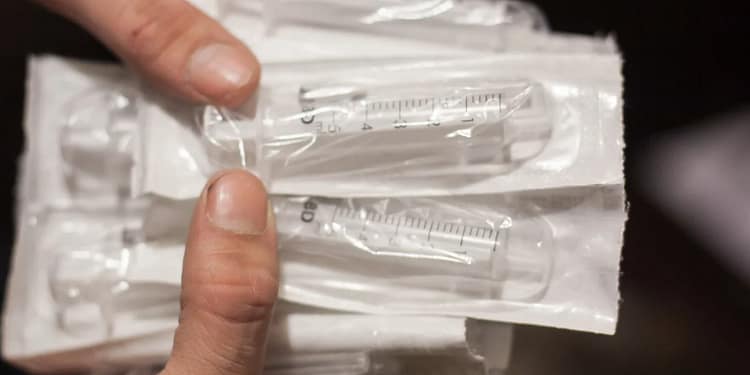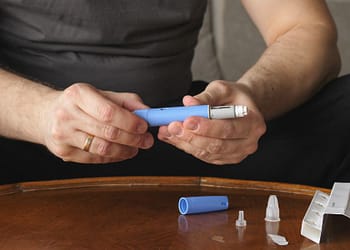The United Nations Commission on Narcotic Drugs has approved the WHO recommendations to subject international control of new psychoactive substancesThis decision is made after an exhaustive analysis by the Committee of Experts on Drug Dependence of the World Health Organization (WHO).
According to the WHOThese substances are manufactured clandestinely and pose a serious risk to public health. The Commission, which met from March 10 to 14, 2025, in Vienna, approved their inclusion on the international control lists.
Five dangerous substances on the international list
The WHO has recommended that five new psychoactive substances be placed under international control. Four of them are Highly dangerous synthetic opioids that have no known therapeutic usess:
- N-pyrrolidinoprotonitazene (protonitazepine), a synthetic opioid that can cause severe harm and even death.
- N-pyrrolidinometonitazene (metonitazepine), which has also been shown to cause serious effects, including deaths.
- Etonitazepine, another synthetic opioid that comes in the form of a white or crystalline powder and poses a health threat.
- N-desethyl isotonitacene (norisotonitacene), identified in counterfeit drugs and has caused multiple deaths and hospitalizations.
- The fifth substance included in the control is hexahydrocannabinol (HHC), a semi-synthetic cannabinoid with harmful effects on public health. It is found in several consumer products, such as cannabis flowers, e-cigarette cartridges, and edible products.
Greater control over dangerous and risky substances
WHO Director of Health Product Policy and Standards, Dr. Deus Mubangizi, emphasized that the listed substances have no recognized therapeutic use. “It is urgent to protect the population, especially the most vulnerable groups, such as young people,” said Dr. Mubangizi.
The WHO has intensified its efforts to monitor the use of these substances and continue their evaluation. Synthetic opioids and HHC represent a growing global public health problem, and international control is key to mitigating their harmful effects.
The crucial role of the WHO in protecting public health
For more than 70 years, the WHO has convened the Expert Committee on Drug Dependence to conduct scientific studies on psychoactive substances. This committee examines the risks and benefits of substances, providing key recommendations for the protection of global health. Furthermore, the WHO ensures the availability of psychoactive substances for medical and scientific purposes.
Growing concerns about synthetic opioids, such as fentanyls and nitazenes, have led Member States to call for further scientific evaluations of these substances at future meetings.
The decision by the UN Commission on Narcotic Drugs underscores the urgent need for global coordination to control dangerous psychoactive substances. In this context, countries and communities must increase vigilance to protect the most vulnerable and prevent further harm. With this new international control, governments and health organizations are expected to intensify their efforts to mitigate the effects of these substances and ensure the safety of the world's population.






